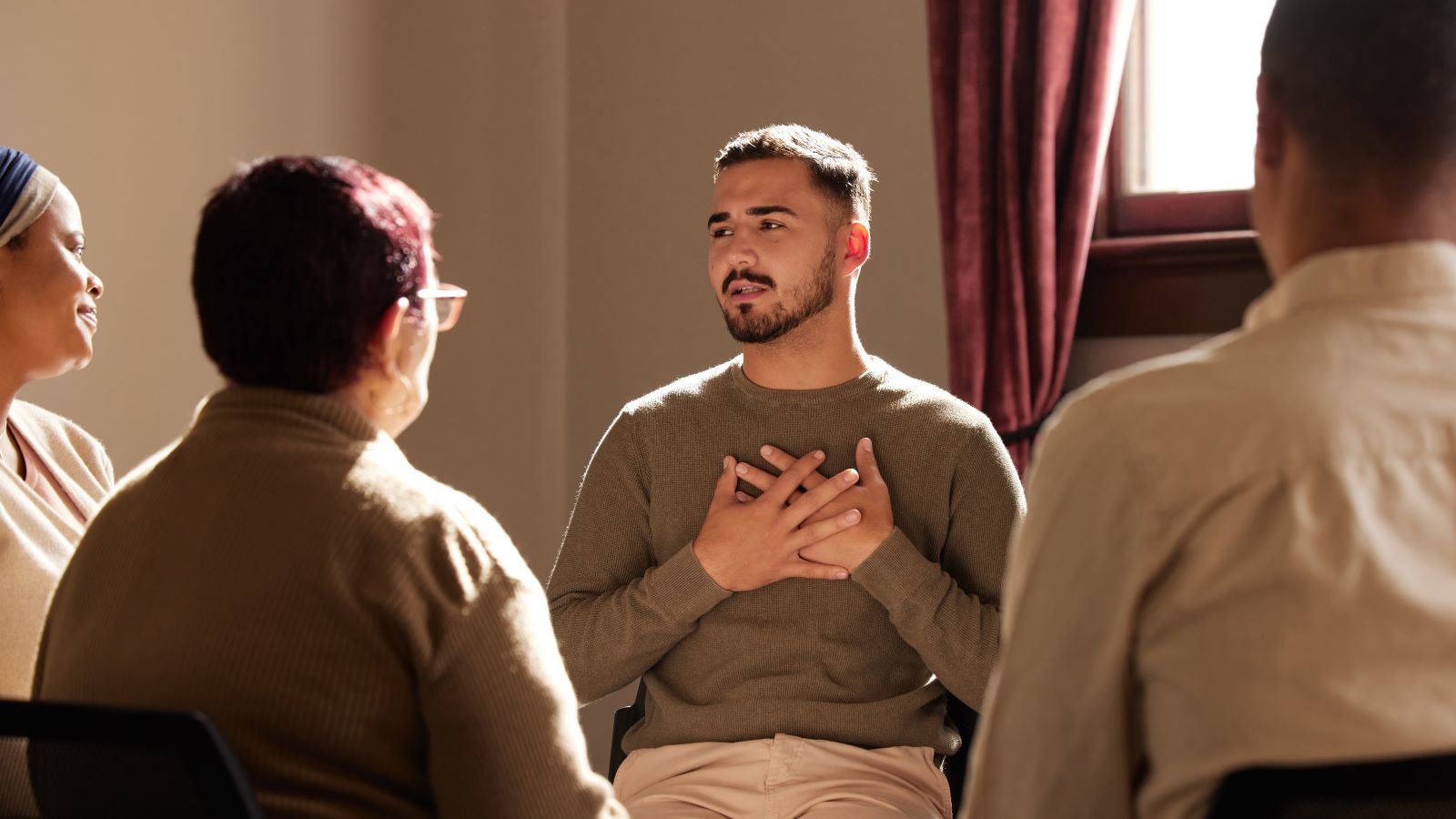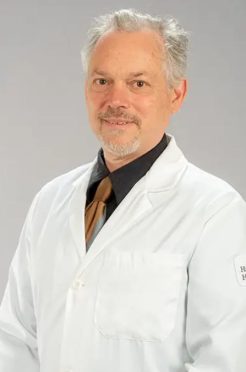Addiction has been classified as a disease since 1987. But unfortunately, many people still view it as a choice.
This is far from the truth, says Martin Bloch, MD, medical director of The Ridge, a substance treatment facility that’s part of the Hartford HealthCare Behavioral Health Network.
“Like other diseases, addiction is an abnormal condition that affects the structure and function of an organism,” says Dr. Bloch.
Here’s why we should view addiction as a disease, according to an expert.
Explore personalized addiction treatment
Visit our websiteCall 877.307.4343 for a confidential assessmentNature AND nurture play a role in addiction.
The origin of addiction is unique for each person, Dr. Bloch says. And both your underlying biology (nature) and your environment and choices (nurture) play a role.
In fact, as much as half of addictions seem to be inherited, says Dr. Bloch, which makes the stigma even more confusing.
“We would never argue a child is responsible for other inherited conditions like cystic fibrosis,” he says.
> Related: How to Pick the Right Addiction Treatment Program
Addiction causes antisocial behavior, which adds to its stigma.
People struggling with addiction often avoid healthy, culturally appropriate behaviors and engage in harmful, dangerous activities to fill their “need,” explains Dr. Bloch.
This can include driving while intoxicated. Stimulants like cocaine can induce psychotic, paranoid and delusional behavior, and withdrawal from opiates can be so bad people commit crimes for a fix.
The common thread between addictions, Dr. Bloch says, is they disrupt activities that are beneficial and important in the person’s life, and often cause the disease to be viewed as a moral failing.
If addiction is a disease, why isn’t everyone in treatment?
Even though more people understand addiction is a disease, Dr. Bloch says that can be problematic.
“People think, ‘If it’s a disease, get help,’” he says. “Because there are highly effective treatments for chemical addictions to tobacco, alcohol and opiates, people are supportive only if someone seeks treatment. Otherwise, they see the behavior as just dangerous or disruptive.”
The best way to combat stigma and addiction is to commit to treatment and be transparent about the process, Dr. Bloch continues.
“Everybody knows people in long-term recovery. If we understand ‘people like me’ are in recovery, when we see someone struggling, we can address them with an open heart,” he says. “Sharing that you or someone you know turned their life around is a great way to show support. Then offer to help the person get into recovery.”
> Want more health news? Text StartHere to 85209 to sign up for text alerts
Recovery from addiction is possible.
When people talk about recovery from addiction, it means regaining some of what’s been lost. This can include food, housing, financial security, relationships, happiness and purpose, Dr. Bloch notes.
“Addiction is highly treatable, although not 100% curable because the disease relapses and remits. But I’ve seen hundreds of people regain normal lives.”



